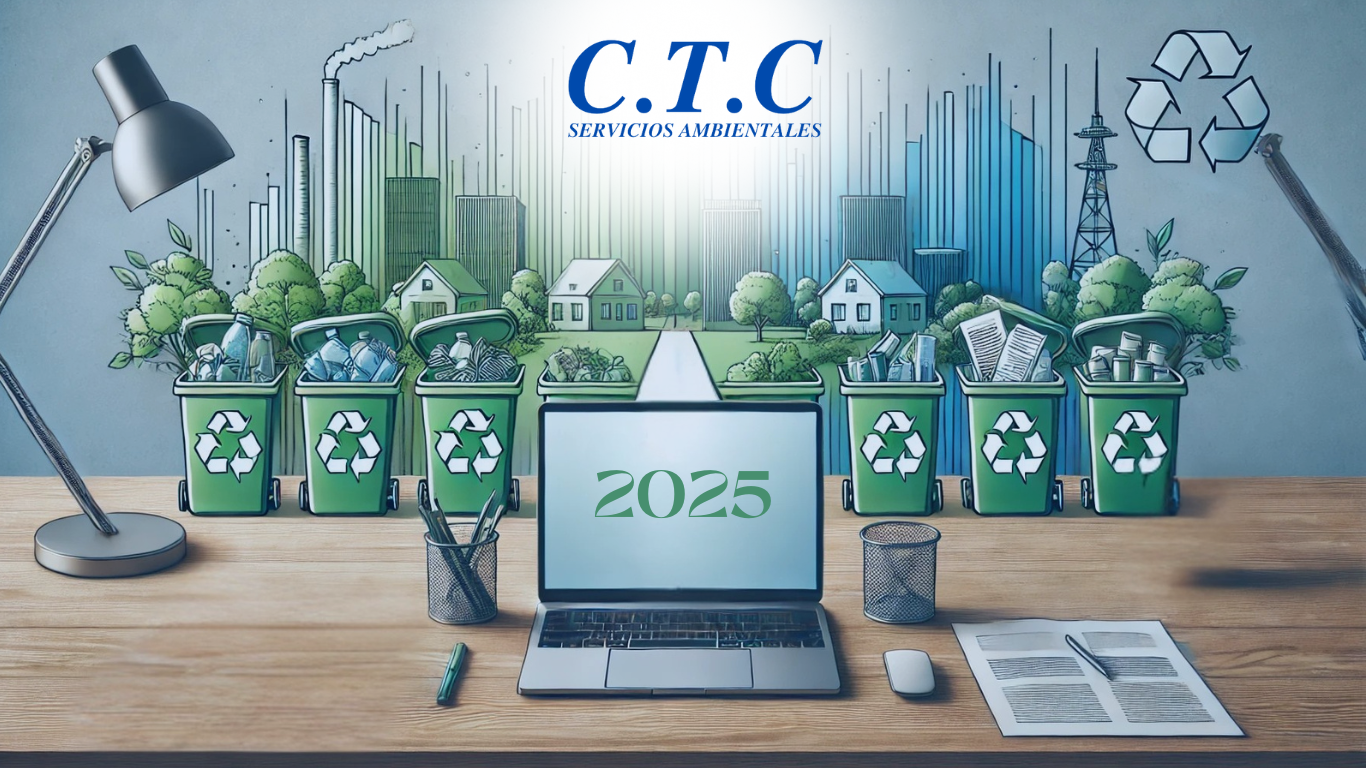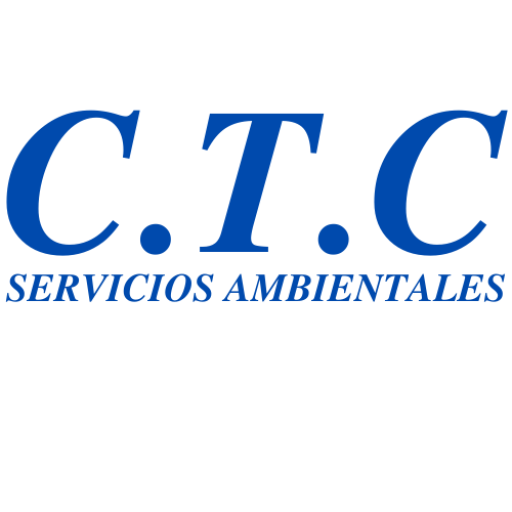The year 2025 brings significant changes to environmental legislation in Spain, particularly regarding recycling and waste management. These new regulations aim to strengthen the transition to a circular economy and comply with the objectives set by the European Union. But how do these changes impact businesses?
Key Changes in Spain’s Recycling Legislation for 2025
1. Mandatory Separate Waste Collection
- All companies must ensure waste separation at the source, including categories such as organic waste, plastic, paper and cardboard, glass, and metals.
- Penalties will be tightened for organizations that fail to comply with the regulations.
2. Increase in Recycling Rates
- In line with EU goals, companies will be required to recycle at least 55% of their municipal waste.
- Industries that generate high amounts of waste must submit minimization and reuse plans.
3. Plastic Tax and Packaging Restrictions
- The application of the Tax on Non-Reusable Plastic Packaging will be reinforced, affecting companies that use plastic materials in their production or distribution.
- The use of biodegradable or recycled-material packaging will be promoted.
4. Greater Responsibility for Producers
- Companies that manufacture products with a high environmental impact will be required to finance recycling and material recovery programs.
- Extended Producer Responsibility (EPR) systems will be strengthened.
How Can Businesses Adapt to These Changes?
To comply with these new regulations and avoid penalties, companies should:
- Implement waste separation programs within their facilities.
- Work with certified waste management providers, such as us, CTC Servicios Ambientales, to ensure proper and sustainable waste handling.
- Opt for recyclable materials and reduce the use of single-use plastics.
- Train their staff on best practices in waste management and sustainability.
Conclusion: Sustainability as a Competitive Advantage
Adapting to the new recycling regulations is not only a legal obligation, but also is an opportunity to enhance corporate image and align with market demands. Companies that commit to responsible waste management will not only avoid fines but also strengthen their reputation and contribute to a more sustainable future.


